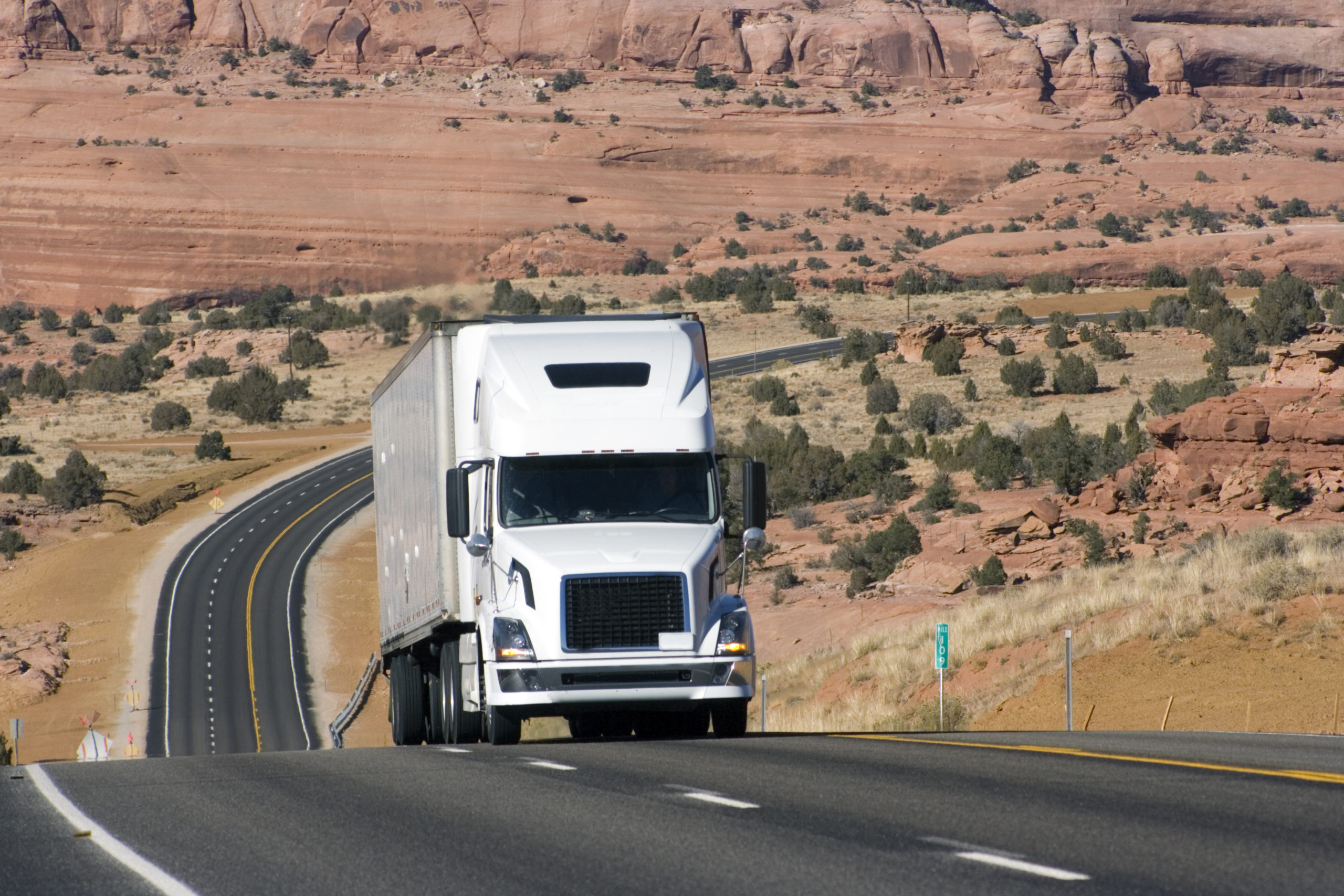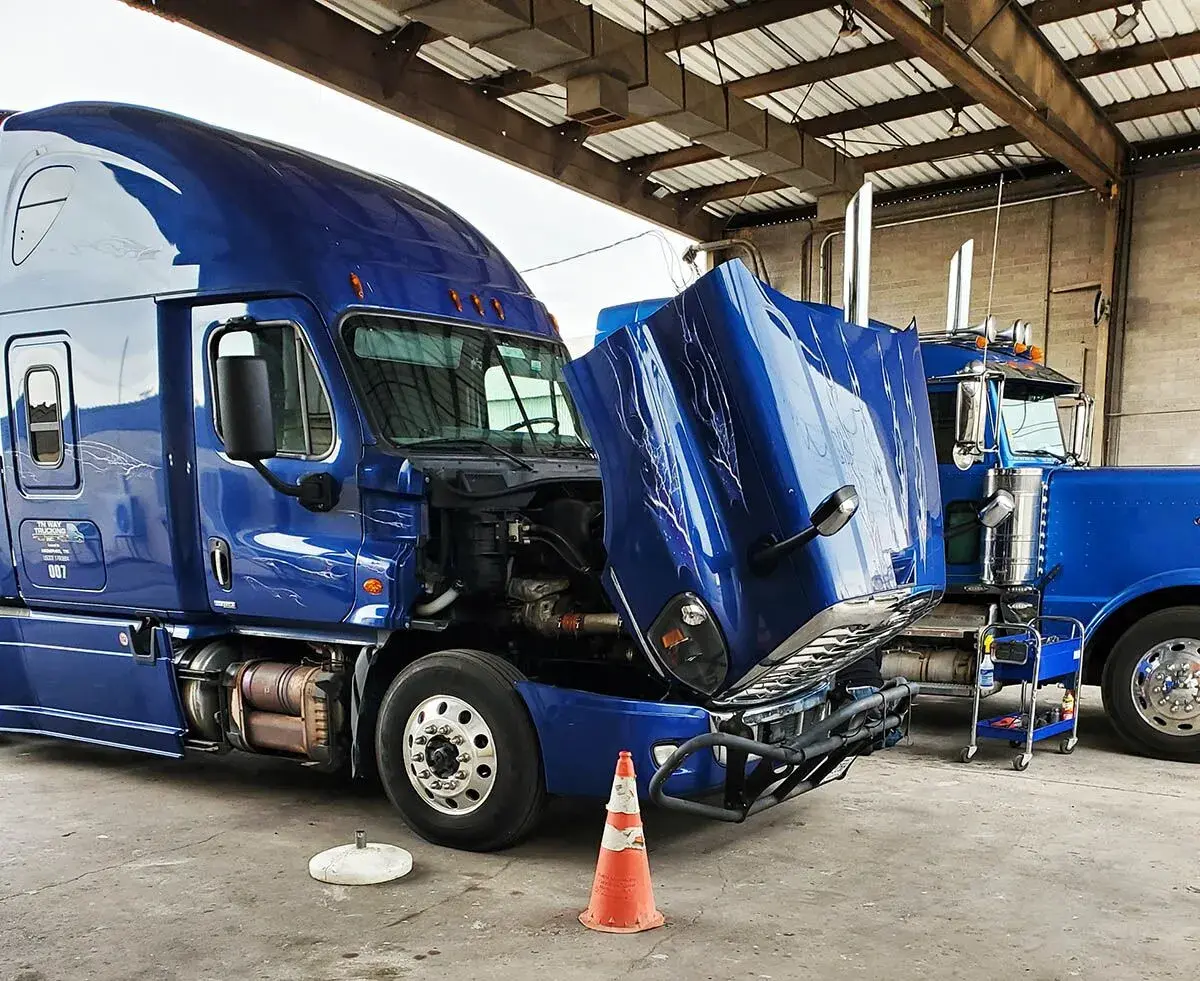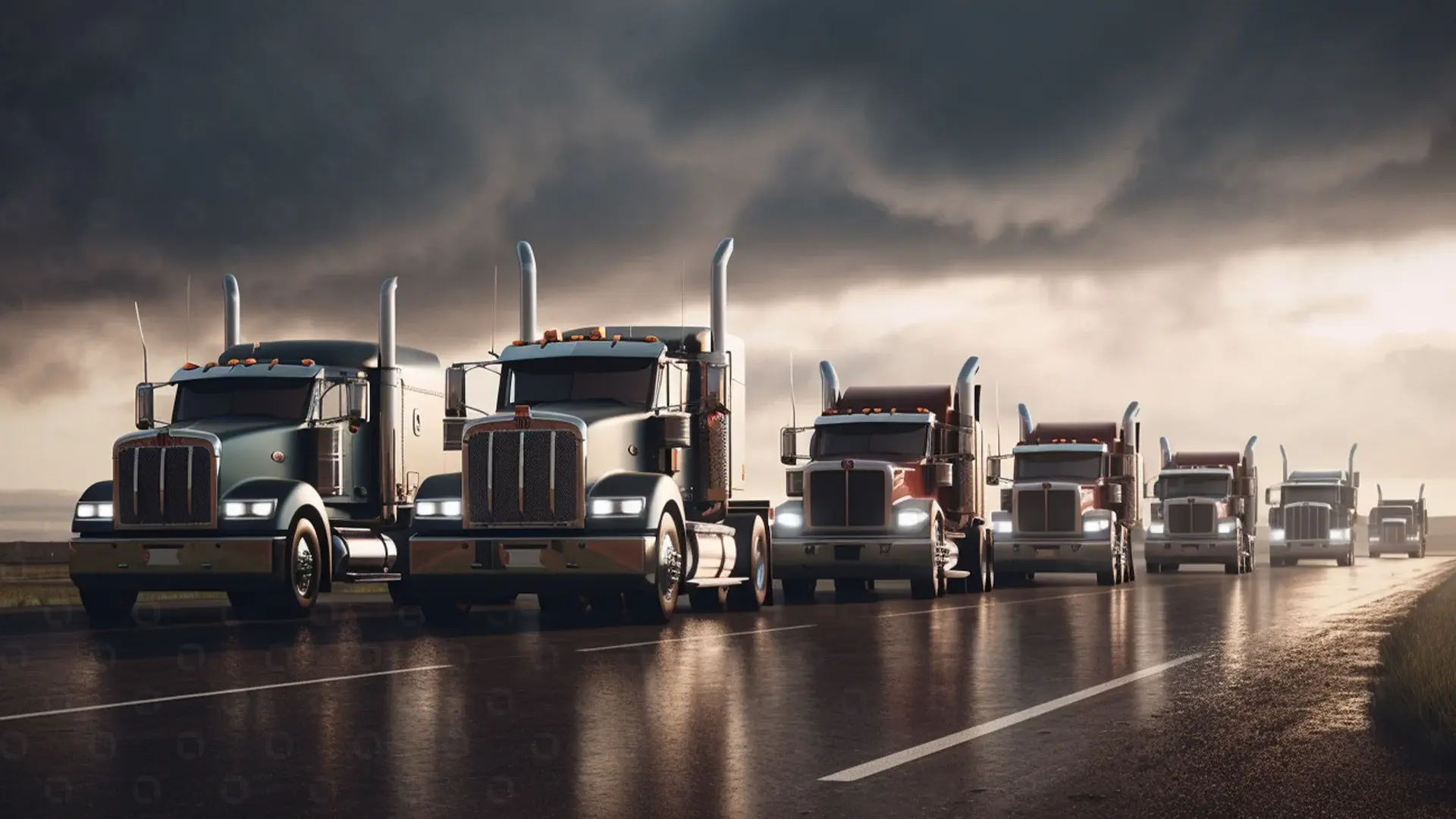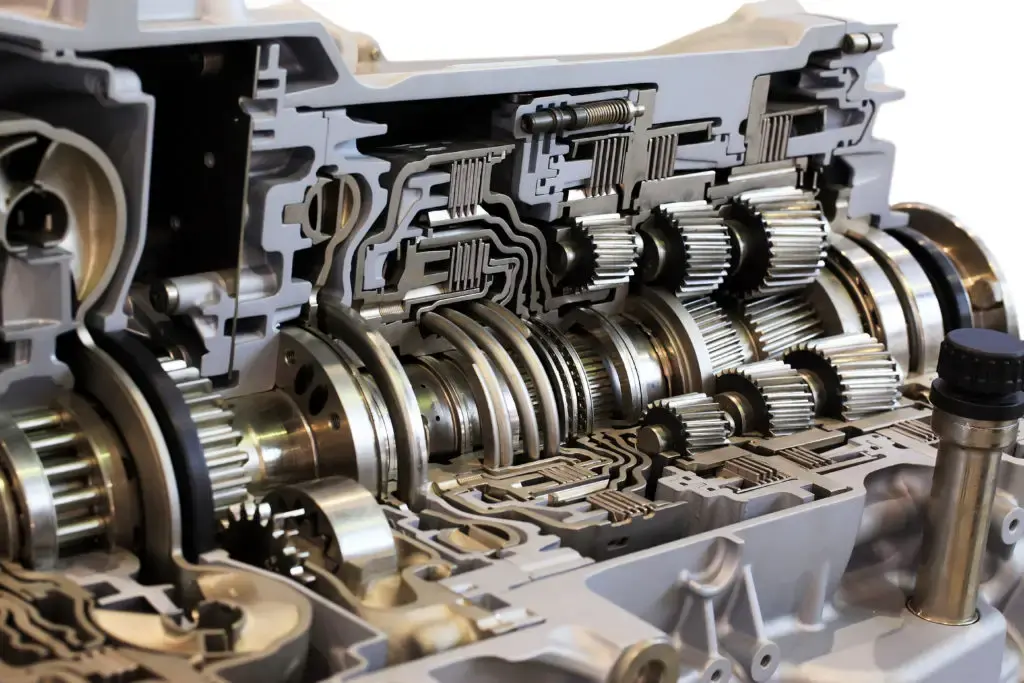Facing major engine issues? Our skilled team specializes in engine repairs and rebuilds to restore performance and extend engine life.
Have you ever seen big rigs rolling down the highway and wonder about the rules of the road they follow? The world of trucking has different lanes, and a big split exists between interstate vs intrastate trucking. Understanding this difference is key whether you're shipping goods, considering a career as a truck driver, or just curious about how things move across our country. Let's break down what each type of trucking means.
What is Interstate Trucking?
Think of interstate trucking as the long-haul game. When trucking companies are hired to transport goods across state lines, they are operating in interstate commerce. This means their journey starts in one state and ends in another. These interstate loads are the lifeblood of our national economy, moving everything from the food on our tables to the materials that build our homes.
The Federal Motor Carrier Safety Administration (FMCSA) sets the rules for interstate trucking. These federal regulations cover everything from the hours a truck driver can work to the safety standards for their tractor trailers and other types of trucks. The goal is to ensure safety as these large vehicles travel long distances and interact with traffic in multiple states.
To define the interstate carrier meaning simply refers to a trucking company authorized to operate across state lines. These companies often handle diverse cargo and their drivers can spend days or even weeks on the road, covering vast distances.
What is Intrastate Trucking?
On the other hand, intrastate trucking is the local game. If a trucking company operates entirely within the borders of a single state, they are engaged in intrastate commerce. This means the journey begins and ends within the same state, even if the route crosses state lines briefly before returning.
While federal regulations provide a baseline, intrastate trucking is primarily governed by the specific laws and regulations of the state in which the company operates. This can include different rules regarding vehicle size and weight limits, driver qualifications, and motor carrier safety regulations specific to that state.
An intrastate trucking company focuses on regional transportation needs. You might see these trucks hauling materials for construction sites, delivering goods to local businesses, or even operating as concrete mixing trucks within a specific area. The hauls are generally shorter, and drivers often return home at the end of their workday.
The Key Differences Between Interstate vs Intrastate Trucking
The core difference boils down to crossing state lines. Here's a quick comparison:
- Geographic Scope: Interstate trucking involves crossing state lines; intrastate trucking stays within a single state.
- Governing Regulations: Interstate trucking is primarily regulated by the FMCSA (federal); intrastate trucking is mainly regulated by state laws.
- Cargo and Distance: Interstate often involves longer distances and diverse cargo; intrastate typically involves shorter distances and more localized goods.
- Driver Lifestyle: Interstate drivers often have longer trips and time away from home; intrastate drivers usually have daily or more frequent home time.
Understanding the Federal Motor Carrier Safety Administration (FMCSA)
The FMCSA plays a crucial role in ensuring safety in the trucking industry, especially for those involved in interstate and intrastate operations. While its primary focus is on interstate trucking, the FMCSA also sets minimum safety standards that states often adopt or build upon for intrastate trucking.
The FMCSA's regulations cover a wide range of areas, including:
- Driver Qualifications: Licensing, medical requirements, and hours-of-service rules.
- Vehicle Safety: Inspection, maintenance, and equipment standards for all types of trucks, including tractor trailers.
- Hazardous Materials: Specific regulations for transporting hazardous materials, which apply to both interstate and intrastate commerce.
- Insurance Requirements: Mandating minimum levels of insurance coverage for trucking companies operating in interstate commerce. Insurance requirements for intrastate trucking are set by individual states.
A Critical Aspect of Insurance Requirements
Insurance requirements differ between interstate and intrastate operations. Because interstate carriers operate across state lines and potentially pose a broader risk, the FMCSA mandates specific minimum levels of insurance coverage for them. These minimums depend on the type of cargo being transported, with higher requirements for transporting hazardous materials.
For intrastate trucking, each state sets its own minimum insurance requirements. These levels may be different from the federal requirements and can vary depending on the size and type of vehicle and the goods being transported. It's crucial for intrastate trucking companies to understand and comply with their state's specific insurance requirements.
Navigating the Regulations and Why It Matters
Understanding whether an operation falls under intrastate versus interstate regulations is vital for trucking companies and truck drivers alike. Failure to comply with the correct set of rules can lead to hefty fines, penalties, and even the suspension of operating authority.
For shippers, knowing the difference can also be important when selecting a carrier. Companies that frequently ship goods across state lines will need to work with interstate carriers that are compliant with federal regulations. Businesses with purely local transportation needs can often utilize intrastate trucking companies.
Comprehending regulations is crucial for safety and operational excellence in trucking. For trucking companies, knowing interstate versus intrastate rules dictates driver qualifications, vehicle maintenance, and insurance requirements, ensuring legal and trustworthy operations.
For truck drivers, understanding these distinctions guarantees compliance with hours-of-service and safety regulations, protecting their careers and public safety. Whether handling interstate loads or local intrastate trucking, a strong grasp of the relevant rules is fundamental for responsible and sustainable practices in the industry.
The Importance of Safety Regulations
Whether it's interstate trucking or intrastate trucking, safety is paramount. The regulations put in place by the FMCSA and state authorities are designed to protect drivers, other motorists, and the general public. These motor carrier safety regulations aim to prevent accidents, ensure vehicles are properly maintained, and that drivers are fit and rested for the job.
Transporting hazardous materials adds another layer of complexity to these regulations. Both interstate and intrastate carriers that handle such cargo must adhere to strict guidelines regarding labeling, packaging, placarding, and emergency response procedures.
Conclusion: Two Sides of the Same Road
While both interstate and intrastate trucking are essential components of our transportation system, they operate under different regulatory frameworks. Interstate trucking facilitates the movement of goods across state lines and is primarily governed by federal regulations, while intrastate trucking focuses on transportation within a single state and adheres to state-specific rules.
Understanding the distinction between interstate versus intrastate operations is crucial for anyone involved in the trucking industry, ensuring compliance, safety, and the efficient movement of goods throughout our nation and within our local communities.
Reliable Semi-Truck Repair
When you need reliable semi-truck repair, day or night, Rolon Mobile Truck Repair provides accessible 24/7 mobile service with our expert team in Sanford, Florida, and the surrounding region.
FAQs
What is intrastate driving?
Intrastate driving refers to operating a commercial vehicle entirely within the borders of a single state. This means the trip begins and ends within the same state, even if the route might briefly cross state lines before returning.
What does interstate mean in trucking?
In trucking, interstate means the transportation of goods or passengers across state lines. An interstate carrier operates between two or more states.
What does intrastate mean in trucking?
In trucking, intrastate means the transportation of goods or passengers that occurs entirely within the boundaries of a single state.
What is the difference between interstate and intrastate?
The fundamental difference between interstate and intrastate trucking lies in whether or not the transportation crosses state lines. Interstate involves crossing state lines and is primarily governed by federal regulations. Intrastate stays within a single state and is mainly governed by that state's laws.
Can intrastate cross state lines?
Yes, an intrastate route can physically cross state lines, but as long as the origin and final destination of the cargo or passengers are within the same state, it is still considered intrastate commerce. The key factor is the origin and destination, not the route taken.
